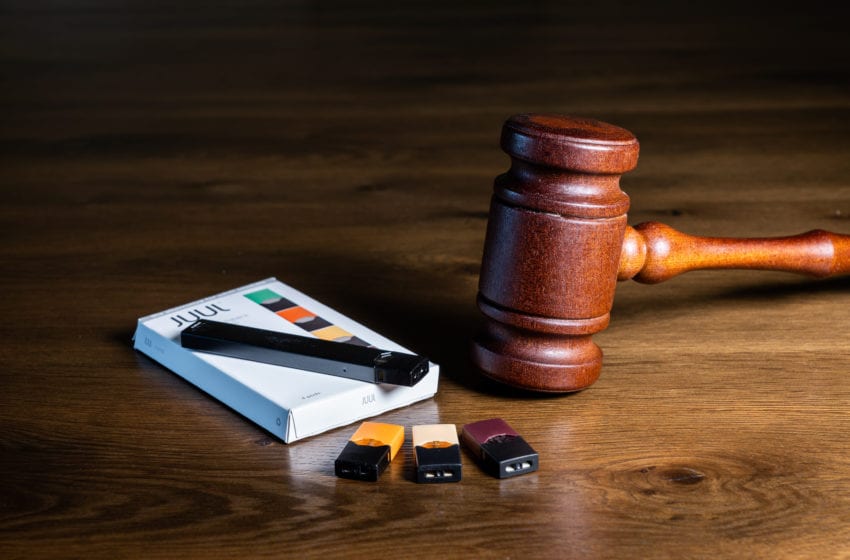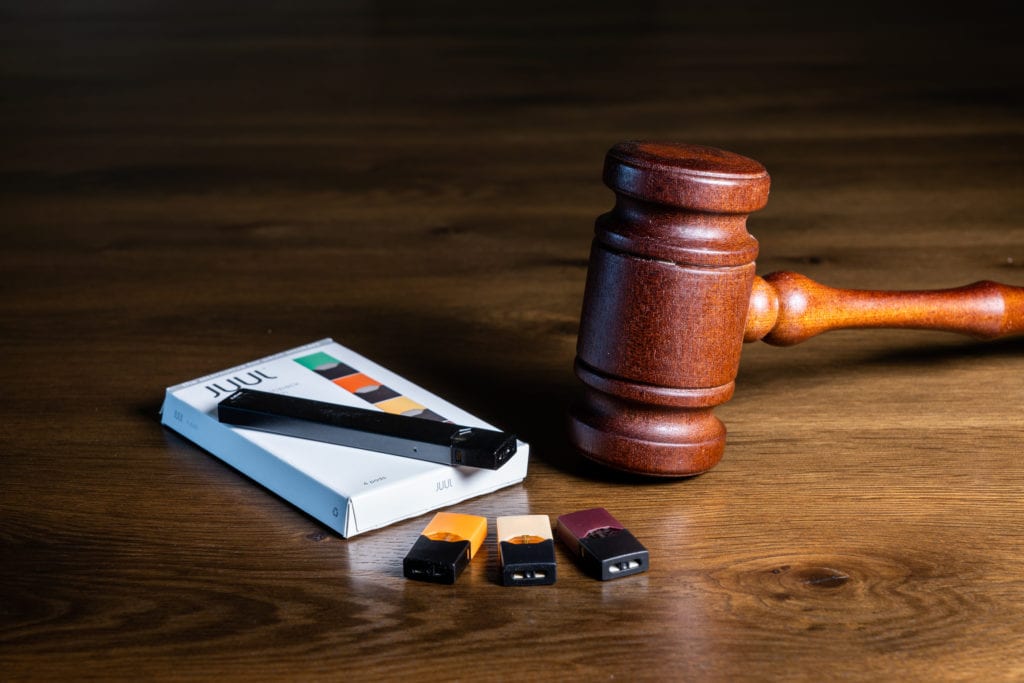
The Foundation for a Smoke-Free World has named Clifford E. Douglas as president and CEO. Douglas most recently served as director of the University of Michigan Tobacco Research Network and as adjunct professor in the department of health management and policy at the University of Michigan School of Public Health. Prior to that he was the American Cancer Society vice president for tobacco control. Early in his career Douglas worked to eliminate smoking on airline flights and was an attorney and advisor in landmark lawsuits against tobacco manufacturers.
Douglas has also managed a $6 million campaign to eliminate smoking on college campuses, and worked to help Americans understand the relationship between smoking and Covid-19. Douglas has served as the assistant director of the Coalition on Smoking and Health; he was also the associate director of the American Lung Association national public affairs office and has been the tobacco control advisor to the U.S. Assistant Secretary for Health and the U.S. Surgeon General.
“For decades Cliff Douglas has been a strong and influential voice in the work to eliminate smoking in America and globally,” said Pam Parizek, chair of the Foundation board of directors, in a statement. “He understands both the science and societal elements of tobacco issues. His credentials are exceptional, and we are pleased he will lead our foundation effort to fund meaningful research and engage in evidence-based education efforts that help those at greatest risk stop smoking.”
The Foundation is a nonprofit, independent grantmaking organization, dedicated to ending the illness and death caused by smoking.
Douglas believes the Foundation is uniquely positioned to reduce smoking globally, “Our mission is to help end smoking in this generation,” he said. “I have committed myself to this mission for 35 years and look forward to leading this organization in innovative and impactful efforts to accelerate reductions in smoking prevalence and improve public understanding regarding the nature and health impact of nicotine, and as the U.S. Food and Drug Administration has highlighted, the continuum of risk among different tobacco and nicotine products. We will continue to be a strong and independent voice in helping people around the world find healthier lifestyles.”
“Our mission is to help end smoking in this generation. I have committed myself to this mission for 35 years and look forward to leading this organization in innovative and impactful efforts to accelerate reductions in smoking prevalence.
Clifford Douglas, CEO, FSFW
“The Foundation is about to enter a new era under the leadership of Cliff Douglas,” said Parizek. “We certainly are appreciative of those who have previously supported our work, and going forward the Foundation remains fully committed to our smoking cessation and tobacco harm reduction efforts around the world.”
Philip Morris International recently made a final grant to the Foundation and the pledge agreement between Philip Morris and the Foundation has been concluded. “Moving forward the Foundation will seek to collaborate with associations and institutions to accelerate our investments in life saving research projects based on the most up to date science,” said Parizek.




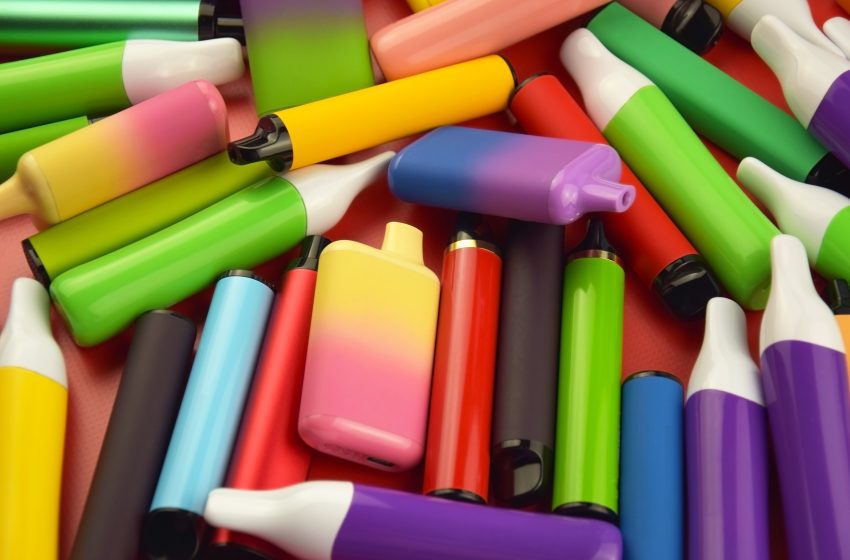
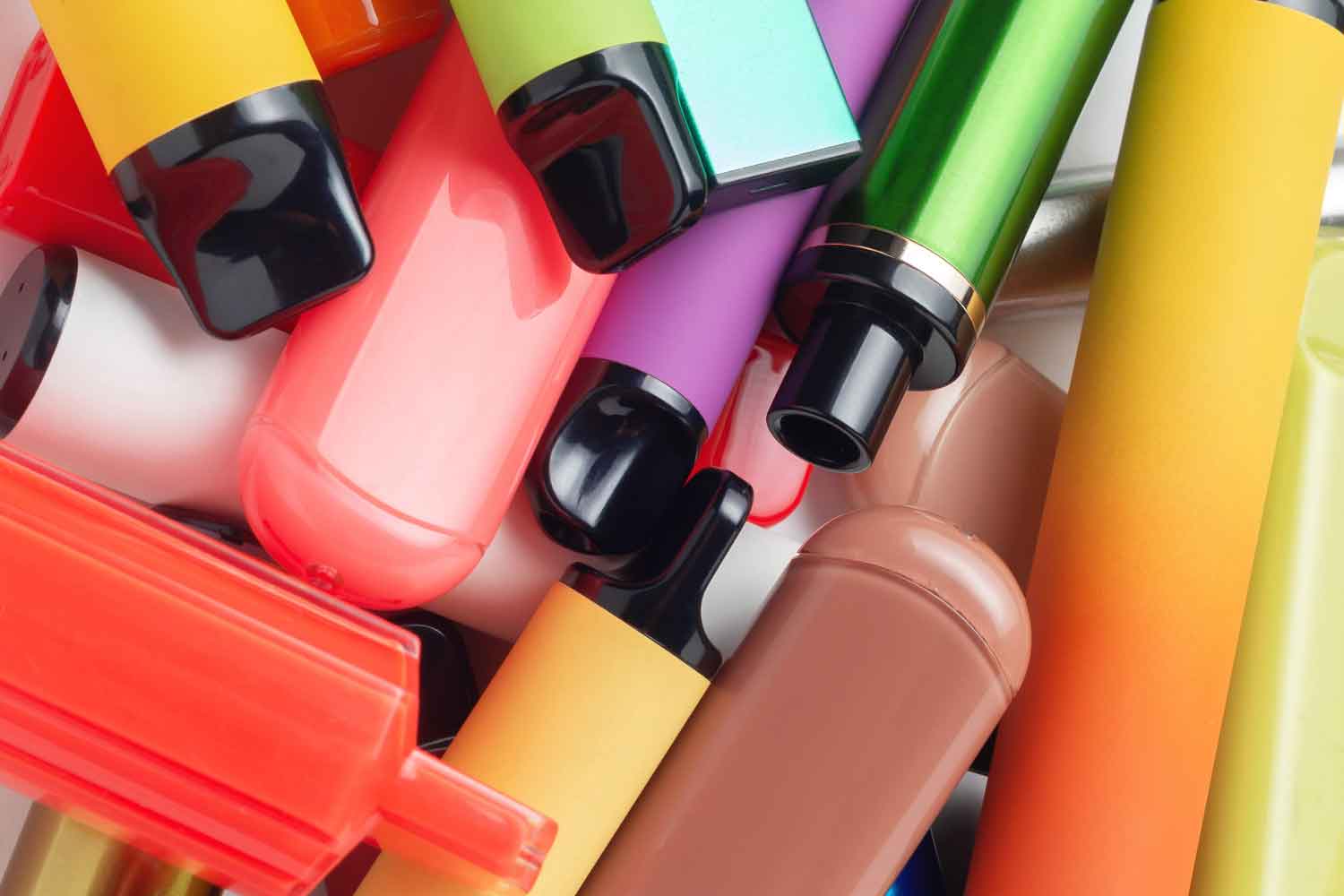


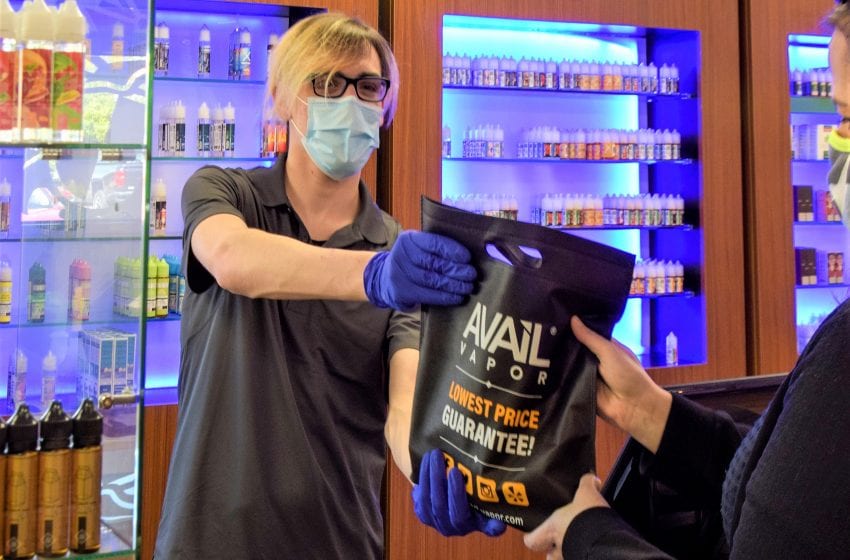
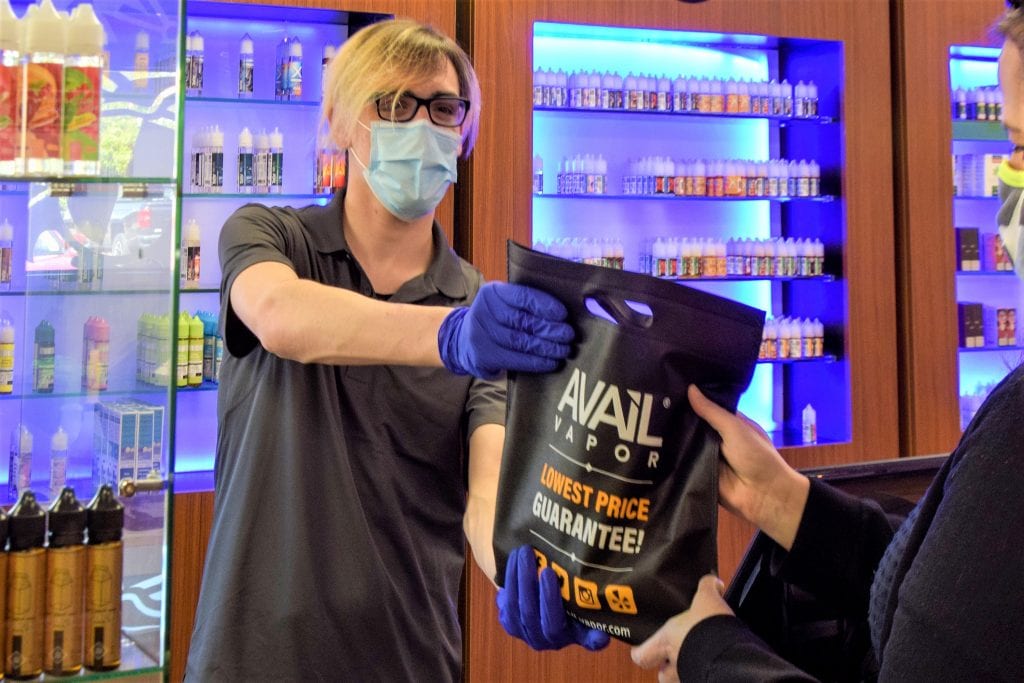


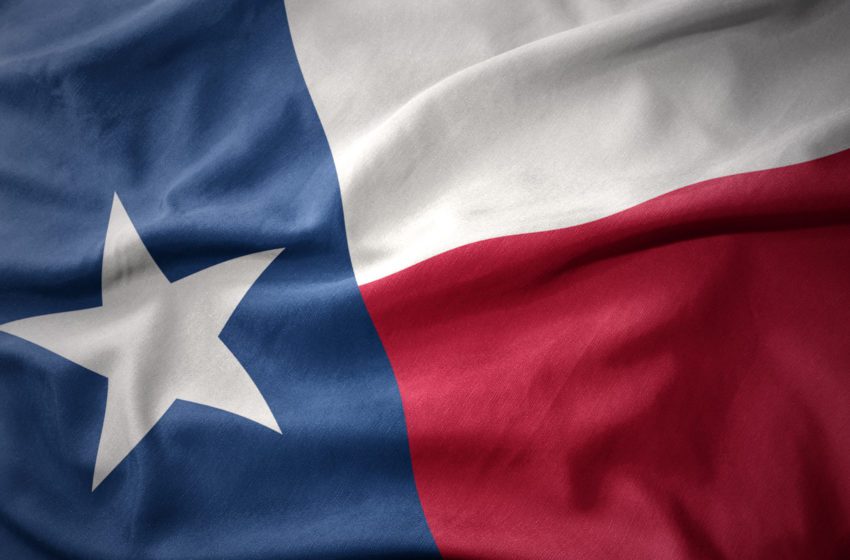
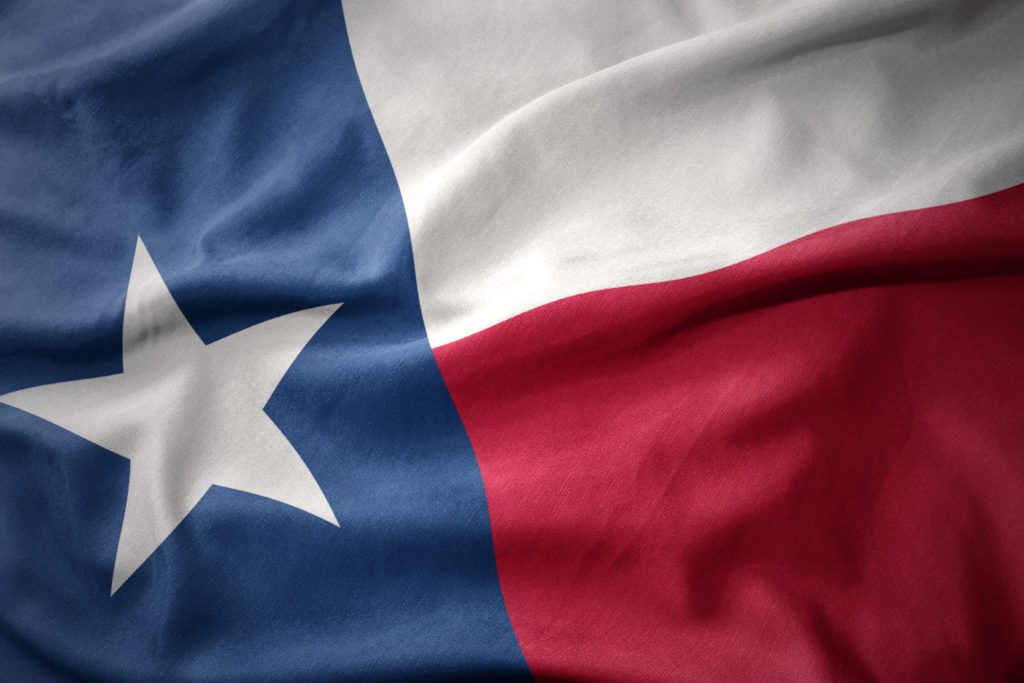
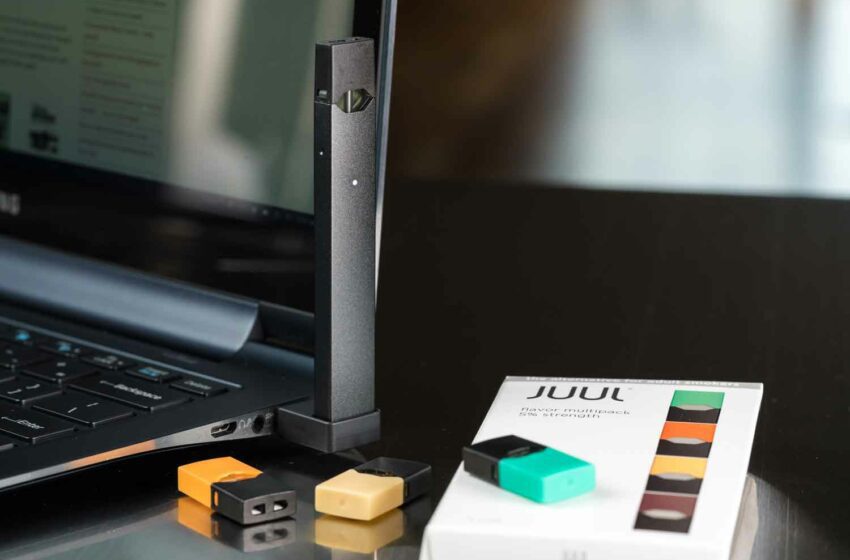
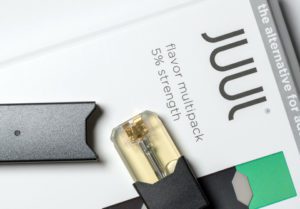 The Netflix documentary Big Vape: The Rise and Fall of Juul will premiere on Oct. 11. Netflix states the docuseries is “a scrappy electronic cigarette startup becomes a multibillion-dollar company until an epidemic causes its success to go up in smoke.”
The Netflix documentary Big Vape: The Rise and Fall of Juul will premiere on Oct. 11. Netflix states the docuseries is “a scrappy electronic cigarette startup becomes a multibillion-dollar company until an epidemic causes its success to go up in smoke.”